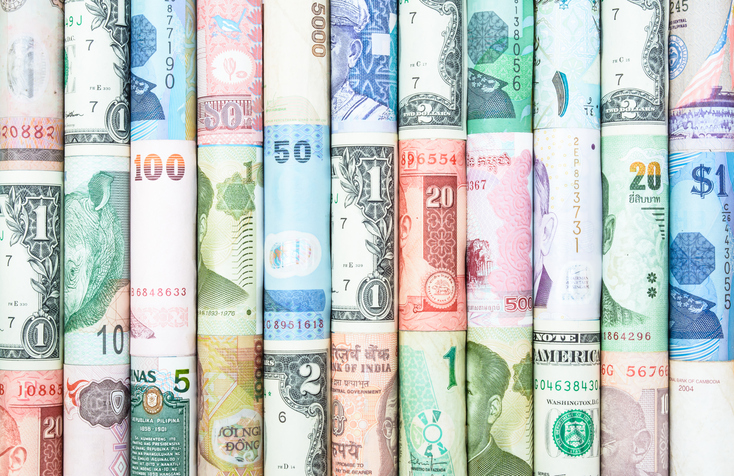Not only did she experience a tremendous amount of change in Ghana during her lifetime, but she was a young entrepreneur selling marmalade and juice in the 1930’s, and would spend her life working to elevate women’s economic position.Her achievements were many, from a cooking diploma from London’s Good Housekeeping Institute to executive chairmanship of the National Food and Nutrition Board of Ghana.
Working in food and later textile processing, Mrs. Ocloo grew her company, Nkulenu Industries. She co-founded the global micro-finance organization Women’s World Banking (WWB) in 1976. This would be her legacy, making a significant impact on the lives of women worldwide and promoting the practice of small loans to nurture economic independence.
Mrs. Ocloo also saw her country develop into a thriving independent nation. Ghana became the first independent African nation in 1957. Today, the banking sector in Ghana is very well developed, and has benefited from mobile money since its adoption in 2009. With more than 100% mobile penetration rate in the country, Ghanaians have found that mobile technology answers certain needs quite well.
Before the advent of mobile banking, only about 56% of the population used banks. Roughly 44% were not utilizing any financial services. But after five years, that number dropped nearly 20 points to only 25% without banking services, according to the World Bank. By 2015, there were more than 13.1 million mobile banking subscribers in Ghana, making GH₵ 35 billion in transactions, according to PwC. The value of mobile money transactions grew 192% in Ghana from 2014 to 2015.
Four telecommunications companies serve most of the country these days: Airtel, MTN, Tigo, and Vodafone. Services in development will provide consumers a way to pay bills, buy tickets, and pay school fees by mobile phone, along with all the standard banking transactions that are possible now.
To a teenage entrepreneur in the 1930’s, such wireless transactions might have looked like magic. If Mrs. Ocloo were alive in Ghana today, she would likely see a whole new world of potential for small merchants around the country. GH₵ 35 billion can buy a lot of marmalade.
For the full PWC survey on banking in Ghana, click here.
Written by Ellen Harris, GMS, International Product Director, Living Abroad


